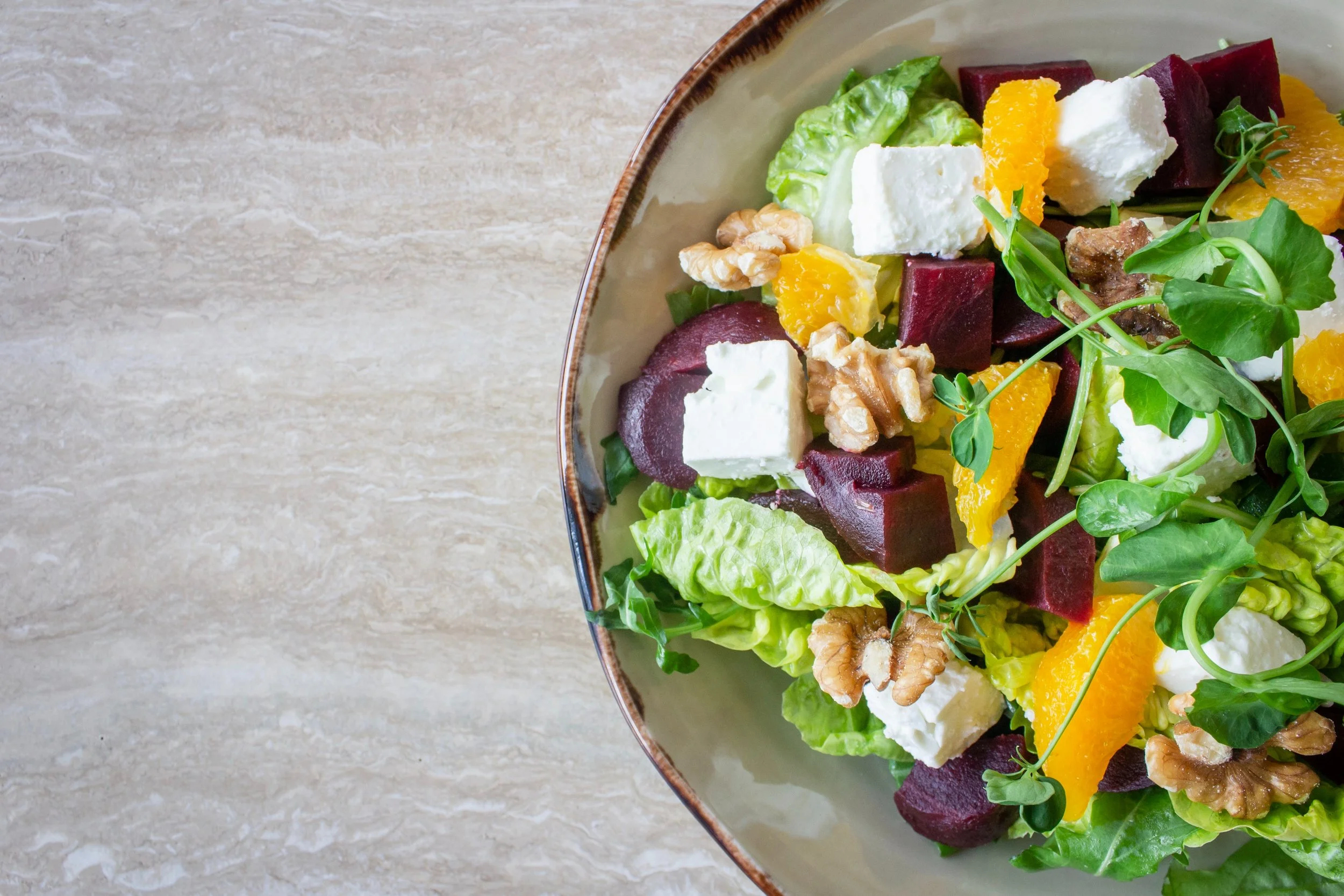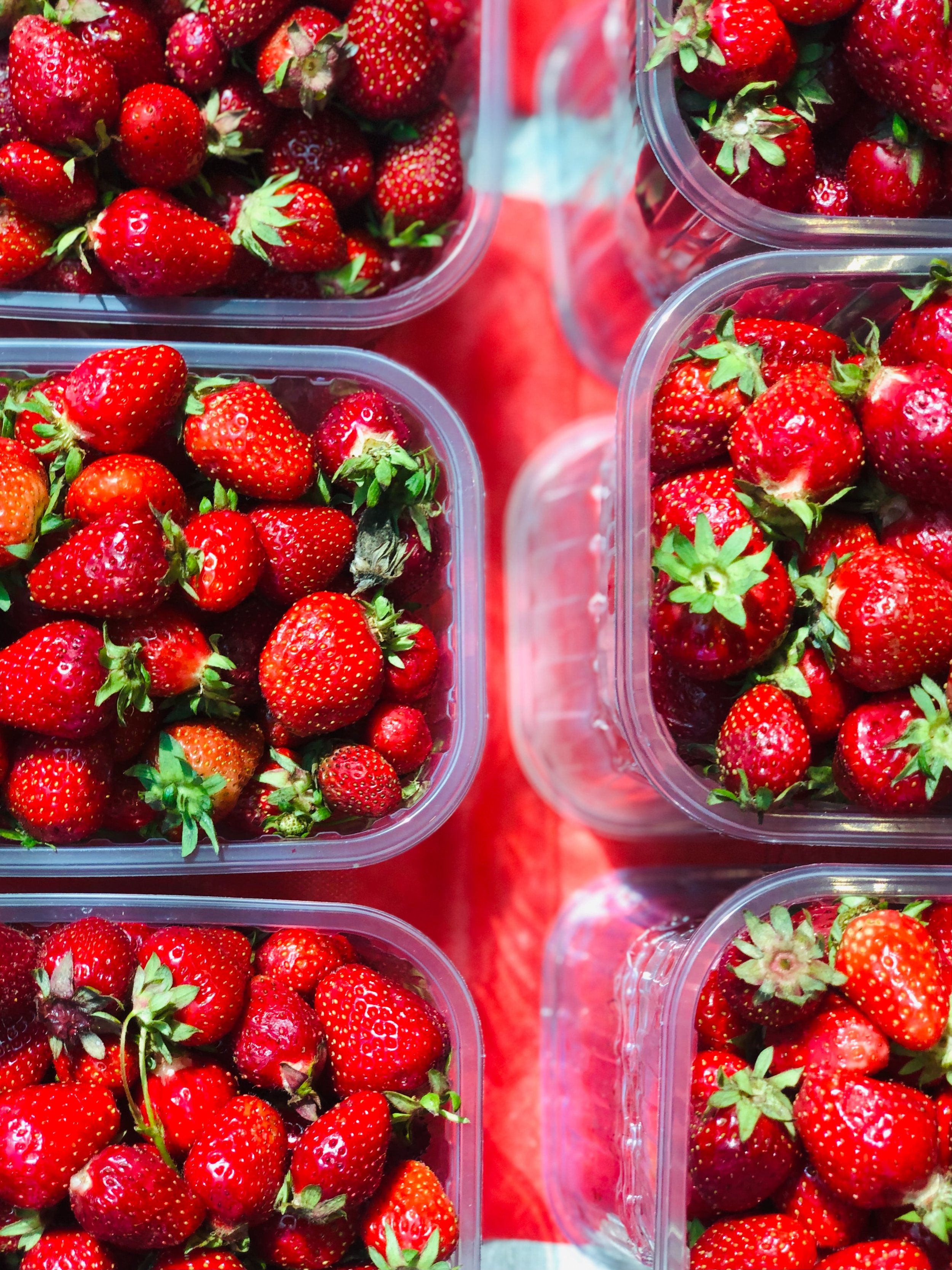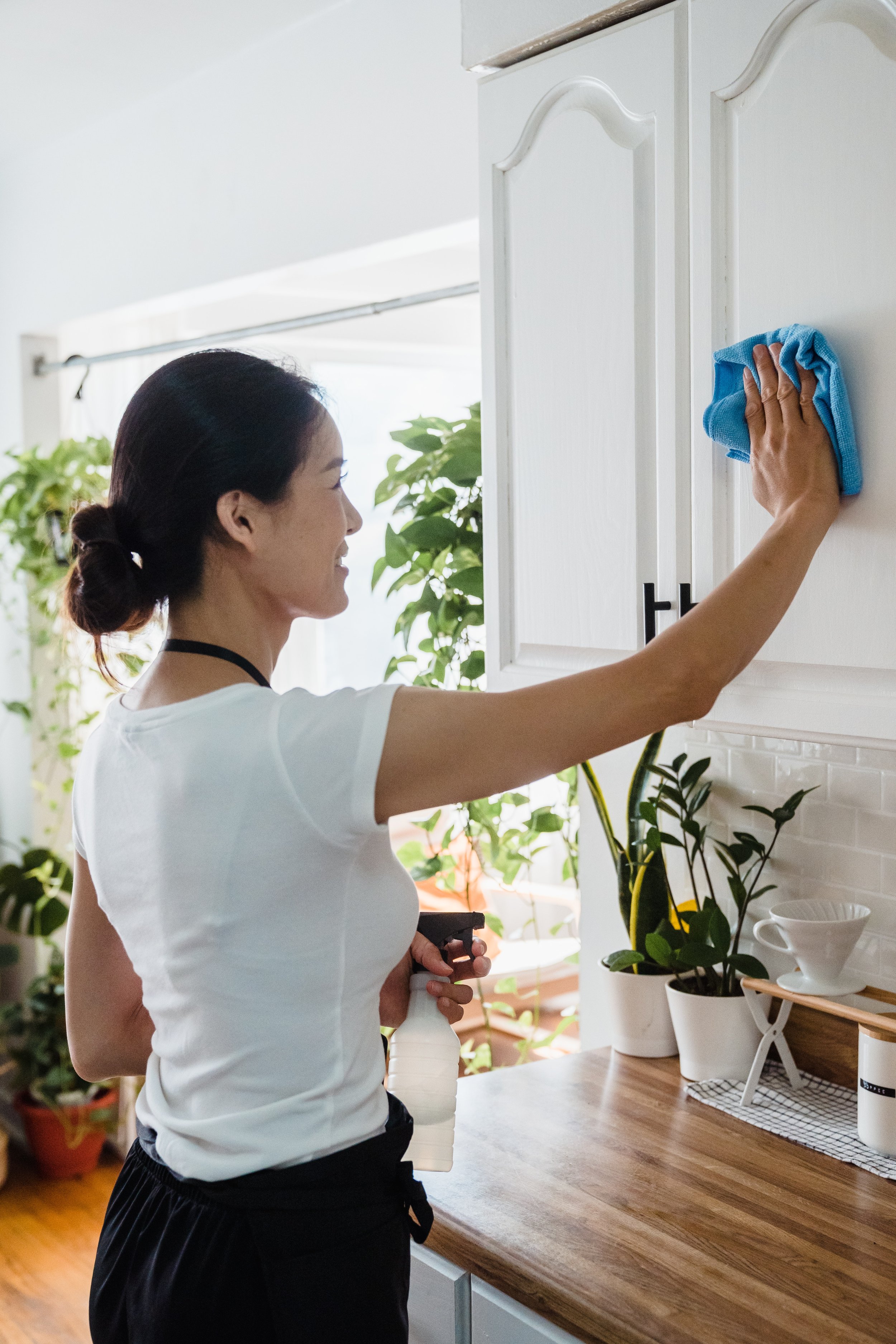Eco Kitchen Habits to Improve Your Health
Your kitchen habits have an enormous impact on your physical and mental well-being. By becoming more conscious of our daily habits, we can alter and modify them to boost our health, live a more eco-friendly lifestyle, and positively impact the environment. So, let’s find out what are the best green practices we can implement in our day-to-day lifestyle!
Rethink Your Diet
Many people speak of the positive impact they have experienced since switching to eating completely organic foods. They have more energy, feel better, and even lose weight. That’s because organic foods do not contain pesticides, chemicals or antibiotics, all of which negatively affect our health. The way your food is grown or raised has a major impact on your mental and physical health. Organic foods, are more nutritious and contain fewer pesticides and chemicals, which positively impact people with allergies or chronic inflammation (so much so that their symptoms lessen and sometimes disappear completely). You can even grow your own food in your backyard to ensure fresh, pesticide-free veggies and fruits to supplement your daily diet.
Livestock like: chickens, pigs, and cows produce huge amounts of greenhouse gases and consume lots of grain. Switching to a plant-based diet is also one of the best ways to have a more positive impact on the environment. By reducing (or completely eliminating) the amount of meat you eat, you live a healthier lifestyle and improve the environment.
Avoid Waste and Plastic Packaging
Every year about a third of all food produced is wasted. That means half the water used to produce that amount is wasted as well, since agriculture is the sector that consumes the most of this precious liquid globally. All this means you can have a significant positive impact on the environment, if you avoid waste and cook more sustainably. You can also greatly reduce the amount of food you waste if you plan your meals accordingly in advance, reuse leftovers, and ensure nothing goes to waste. Plastic products are among the world’s greatest pollutants, especially in the planet’s water, which constitutes 80% of marine waste. On top of that, cleaning up the pollution caused by the substance costs the world economy about 80 billion dollars yearly.
To live more sustainably, you can:
● Switch to using glass bottles and containers, which are not harmful to the environment, or your health.
● Reduce the use of plastic bags when you go shopping and opt for reusable bags instead.
● Buy products and foods that have as minimal plastic packaging as possible.
Store Your Waste Properly
Storing your waste properly is one of the best ways to aid the environment and reduce the negative impact it has on it. It all begins with becoming more conscious of how our actions impact the environment, and taking the necessary steps to ensure we are storing our waste in a way that does as little damage to nature as possible. To store your waste properly, you should:
● Separate waste materials into different types (paper, cardboard, plastics, metals, etc.).
● Store your waste securely in sealed, labelled containers ready for recycling.
● Check whether you have hazardous waste, which may be harmful to human health or the environment.
Cook Sustainably
You do not have to be a professional cook,, or have much previous knowledge on the subject to prepare meals more sustainably. Sustainable cooking, usually begins with the place you buy your food from. The longer it takes to transport the food, the more carbon emissions will be produced, and the transportation costs will rise. This is why supporting and buying from local farmers and markets, is always a good idea (even better if they produce and sell organic food).
Here are some of the top tips you can implement to become a more sustainable cook:
● Reduce electricity use and switch to energy-efficient appliances.
● When you cook, make sure that you use the right amount of water (avoid overfilling your pans, etc.).
● Instead of white sugar, use natural sugars such as: honey, stevia, and maple.
● Manage your fridge items properly (put all of the opened items, and those close to their expiration date, on the same rack,, where you know you can find them quickly, to avoid
food waste).
● Learn how to conserve food, as well as freeze certain items to prevent them from spoiling.
● Make sure you do not throw away food.
Clean Sustainably
Cleaning sustainably means using safe products and methods for both the human health and the environment. Using ecological products, means having more positive outcomes on the long run, such as: reducing air and water pollution, as well as fighting ozone depletion and global warming. To clean more sustainably:
Do not use paper towels: instead, use bamboo paper towels, which are both washable and reusable. You can also use a cloth or a sponge for wiping spills.
Do not buy more cleaning supplies than you need.
Create your own DIY cleaning supplies: you will not only save on packaging, but it will be better for the environment.
Make sure you keep a clean oven: when that appliance is clean, food not only tastes better, but the oven consumes less energy, and its lifespan is increased. You may also consider to hire professional cleaners on a weekly or monthly basis to help you, when your schedule becomes too busy.
Use ‘green’ cleaning products: they are made without harmful chemicals. Instead, they contain many natural ingredients such as: citrus, seed, and pine oils.
Use energy-efficient appliances: this will reduce energy consumption and carbon emissions.
Use cold water as much as you can.




